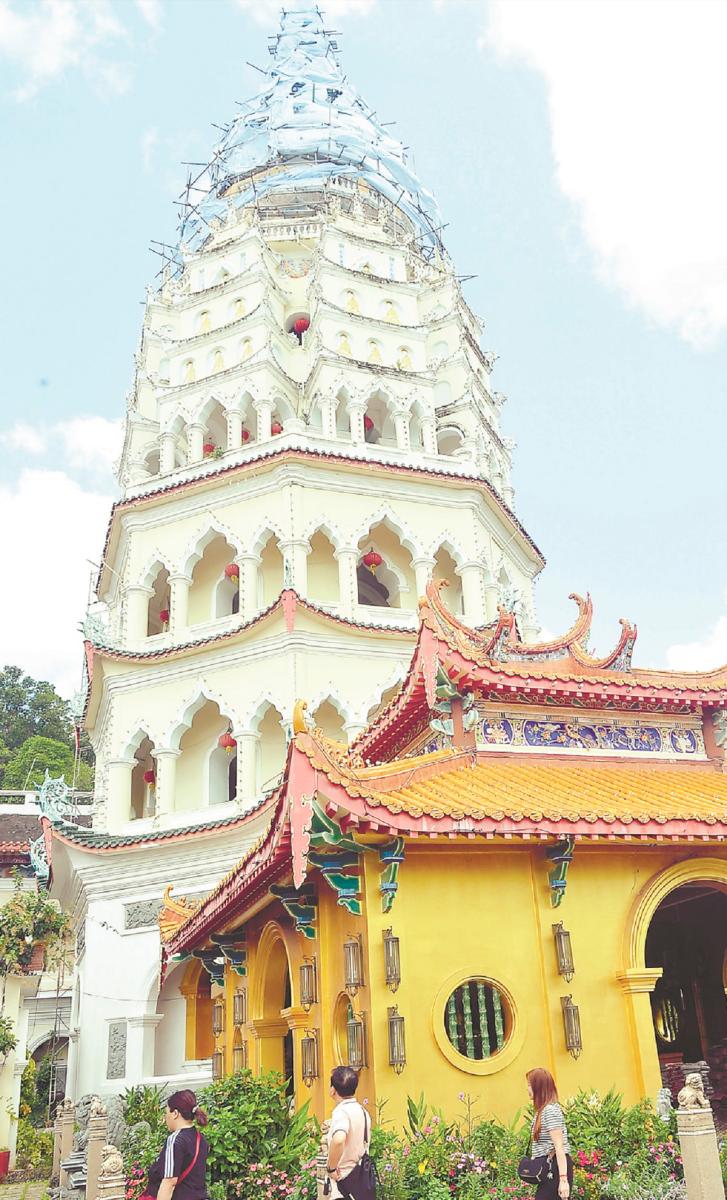PETALING JAYA: Malaysia holds immense untapped potential to become a global hub for spiritual tourism, thanks to its multicultural and multi-religious heritage, said Universiti Teknologi Mara tourism economics expert Prof Dr Mohd Hafiz Hanafiah.
“With Islam as the official religion, alongside large populations of Buddhists, Christians, Hindus and indigenous animists, Malaysia offers a pluralistic landscape for spiritual seekers.”
He added that Malaysia’s natural settings, from rainforests to highlands and islands, further enhance its appeal for spiritual retreats and reflection.
“The Langkawi Unesco Global Geopark is not only a natural heritage site but also a venue for yoga, wellness and leisure retreats. It’s quite similar to Batu Caves and other spiritual sites.”
He highlighted the growing interest in wellness and mindfulness tourism, aligned with Malaysia’s spa and eco-retreat offerings, citing the Banjaran Hotsprings Retreat in Perak as a popular choice among both local and international visitors.
He said Malaysia’s indigenous communities also offer authentic experiences that could appeal to global travellers.
“The Orang Asli traditions and Borneo’s Dayak and Kadazan-Dusun rituals offer unique spiritual experiences tied to nature, sustainability and local wisdom. If I’m not mistaken, Kim Kardashian took this package some time ago.”
Mohd Hafiz said Malaysia could further strengthen its position by developing a clearer storytelling strategy and destination identity, similar to leading spiritual tourism hubs such as India, Bhutan and Bali.
“Countries like India and Bhutan have long-established reputations tied to ancient spiritual traditions, while Bali thrives through its seamless fusion of culture, spirituality and aesthetics.”
He said improvements in amenities and accessibility at spiritual sites would enhance visitor experiences.
“Malaysia has yet to develop a unifying narrative for spiritual tourism across all faiths, and some sites like Gua Charas could benefit from better facilities.”
Mohd Hafiz also recommended thoughtful contextualisation to ensure indigenous or religious practices are not commercialised or turned into mere spectacles, preserving their authenticity and meaning.
To avoid diluting sacred meaning, he suggested co-designing tourism experiences with faith leaders and community custodians, alongside implementing ethical guidelines for tour operators.
“Over-commercialisation risks turning sacred rituals into spectacles, which can offend local communities.
“Spiritual tourism can serve as a sustainable income stream, particularly through community-based tourism, providing opportunities to host retreats, sell crafts and share cultural narratives.”
As an example, he cited Kampung Stay Desa Murni in Temerloh, which integrates Islamic hospitality, prayer facilities and homestay experiences.
“Inclusivity can be achieved through plural branding, for example ‘spiritual journeys of Malaysia’ instead of faith-specific framing.
“We need to showcase harmony, not division, through interfaith festivals or guided heritage trails.”
He pointed to George Town’s World Heritage Site as a positive example, celebrating multicultural religious architecture through tours that feature mosques, temples and churches.
He said government support would be essential in shaping Malaysia’s spiritual tourism identity.
“The Islamic Tourism Centre plays a leading role in standardising Muslim-friendly tourism certification, training and marketing.”
He called for greater collaboration between state governments and the Tourism, Arts and Culture Ministry to include Buddhist and Hindu temples and indigenous healing centres under an inclusive spiritual tourism agenda.
He said Malaysia could learn from Bhutan’s spiritual model, Bali’s rich storytelling, Japan’s Kumano Kodo pilgrimage routes or Saudi Arabia’s modernised pilgrimage infrastructure.









